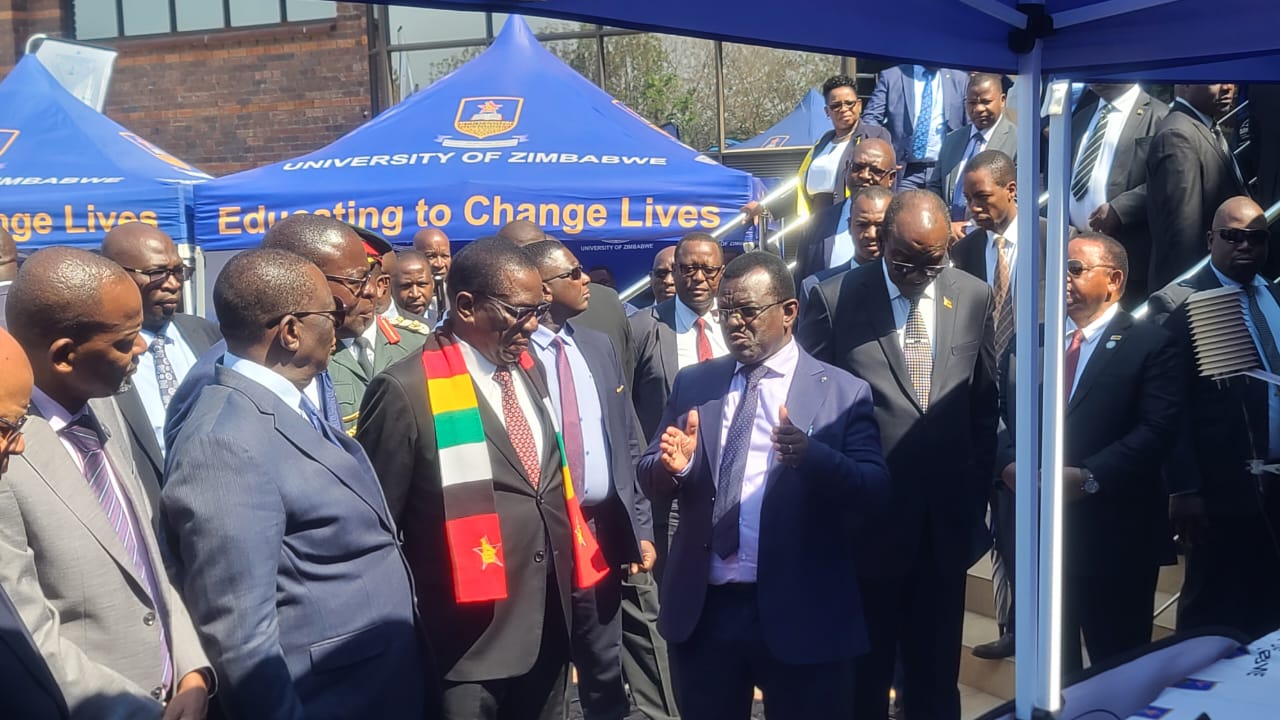Staff Reporter
President Mnangagwa has underscored the urgent need for a complete transformation of the education system across the Southern African Development Community (SADC) to drive the region's industrialization agenda.
Speaking at the 7th SADC Summit Public Lecture, President Mnangagwa highlighted that the current education framework, still heavily influenced by colonial legacies, is inadequate for the modern needs of the region.
“Our education system remains skewed towards the past colonial architecture, and as long as this persists, we cannot adequately leap-frog the industrialisation of SADC,” President Mnangagwa stated.
The President emphasized that the region must develop an education system that produces innovators and industrialists equipped with the necessary skills and competencies to meet the needs of its people.
The President cited Zimbabwe’s Heritage-Based Education 5.0 Philosophy as a model that could be adopted by other SADC member states.
This philosophy, which integrates research, innovation, and industrialization as core mandates, focuses on utilizing the country’s natural and cultural endowments to drive development.
“Through the new education framework, our young people in the universities and colleges have exhibited immense capabilities, zeal, and determination towards building a modern and industrialised Zimbabwe,” he added.
President Mnangagwa also pointed to the establishment of innovation hubs, industrial parks, and science parks across Zimbabwe’s institutions of higher education as evidence of the success of this educational transformation.
He said that these facilities have become breeding grounds for new technologies and start-up companies that are now producing goods and services in response to the dynamic needs of industry, commerce, and society.
As the SADC region continues to grapple with global challenges, including climate change and geopolitical shifts, President Mnangagwa reiterated the importance of aligning the region’s educational systems with its abundant resources.
“The future of SADC is in our hands,” he concluded, urging member states to reflect on these critical issues as they reorganize and mobilize to drive forward their modernization and industrialization agendas.
During the discussion at the SADC Public Lecture, participants highlighted the pressing issue of brain drain within the SADC region, calling for urgent mechanisms to curb the exodus of skilled professionals.
They emphasized that brain drain is detrimental to the region’s development, as it deprives SADC countries of the talent and expertise needed to propel economic growth and innovation.
The consensus was that retaining and nurturing local talent is essential for the region’s sustainable development and global competitiveness.
Meanwhile, before addressing the delegates, President Mnangagwa toured various stands at the University of Zimbabwe, where he observed firsthand the innovations and research currently being conducted by the institution.
Expressing his satisfaction, the President remarked that he was pleased with the level of ingenuity and progress being made in the country’s research and development sectors.
He noted that these efforts were crucial in driving Zimbabwe’s vision for modernization and industrialization, affirming the importance of continued support for such initiatives.




